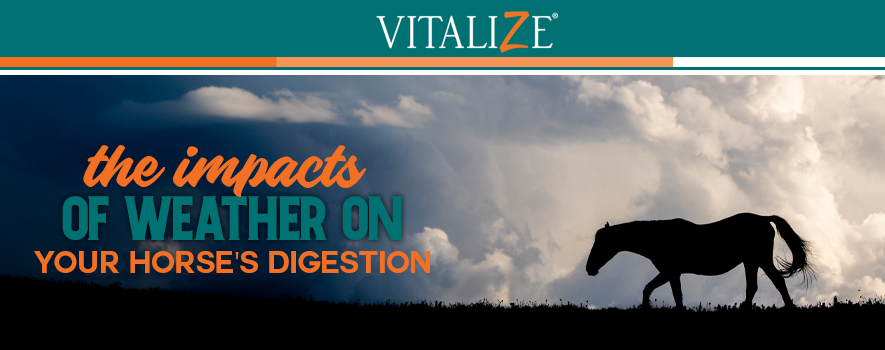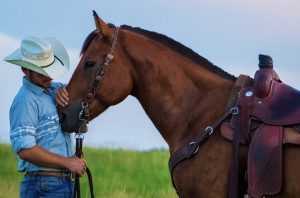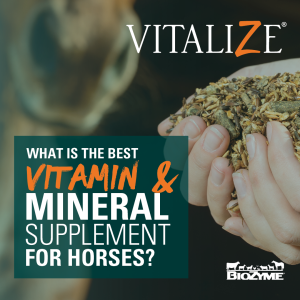There has always been a common myth that when the weather changes, the instances of colic in the barn increase. But is this true? Can a simple change in temperature, barometric pressure or location affect your horse’s health? A recent study says it may.
The study, conducted at the University of Pennsylvania in 2017, stated there were four variables that were good predictors for episodes of colic: age, geological latitude, instance of repeated colic events and barometric pressure.
It is not uncommon for humans to suffer from creaky joints, headaches or migraines when the weather changes. The same holds true for horses. In fact, the study states, “For every barometric decrease in inches of mercury of atmospheric pressure, the odds of colic increase by a factor of 2.5.” Perhaps it is no myth after all – as this study provides evidence that episodes of colic are much more common within 12 hours after low-pressure systems, generally associated with cold fronts, move through an area.
Why does this happen? While it is not well understood why this phenomenon occurs, we have some thoughts on the topic.
- Less movement When the weather shifts outside the horse’s thermoneutral zone, it must put in the energy to shift its body temperature in the opposite direction. This can put a toll on the horse, cause it to become stressed and result in colic. Many horse owners also restrict turnout or riding when it is too cold or too hot, however the horse still requires some sort of exercise–even hand walking—to keep the gut happy.
- Less water intake When the temperature either causes your horse to sweat or it drops below freezing, many horses will not drink as much water. When there is less water in the digestive system, the horse will become dehydrated, which can also trigger colic.
- Physiological changes
When the barometric or air pressure changes, there are some physiological changes that take place inside the body as well. While we’re not exactly sure how they contribute to an increased incidence of colic, they are worth noting. For example, a downward shift in the barometric pressure may cause blood to thicken and blood sugar levels to decrease. In addition, the cool temperatures cause blood vessels to constrict, which increases blood pressure. These changes are microscopic, but significant.
So, how can you be prepared? When the weatherman says there will be a dramatic shift in climate, make sure you have Vitalize® Equine Recovery Gel on hand.
Recovery Gel is an all-in-one mix of vitamins, organic minerals, amino acids and antioxidants as well as MOS and Amaferm® for maximum support of immune function and stress recovery. It is often coined “miracle in a tube” from regular users, since it can help a horse recover after stressful events or prepare them for future stressors as well. Administer the gel before the change in weather to keep your horse’s gut in check and to help avoid colic.
¹ Cianci, Justine. Determining the Relationship Between Barometric Pressure Changes and the Incidence of Colic. Thesis presented to the Faculty of the University of Delaware, Spring 2018.


